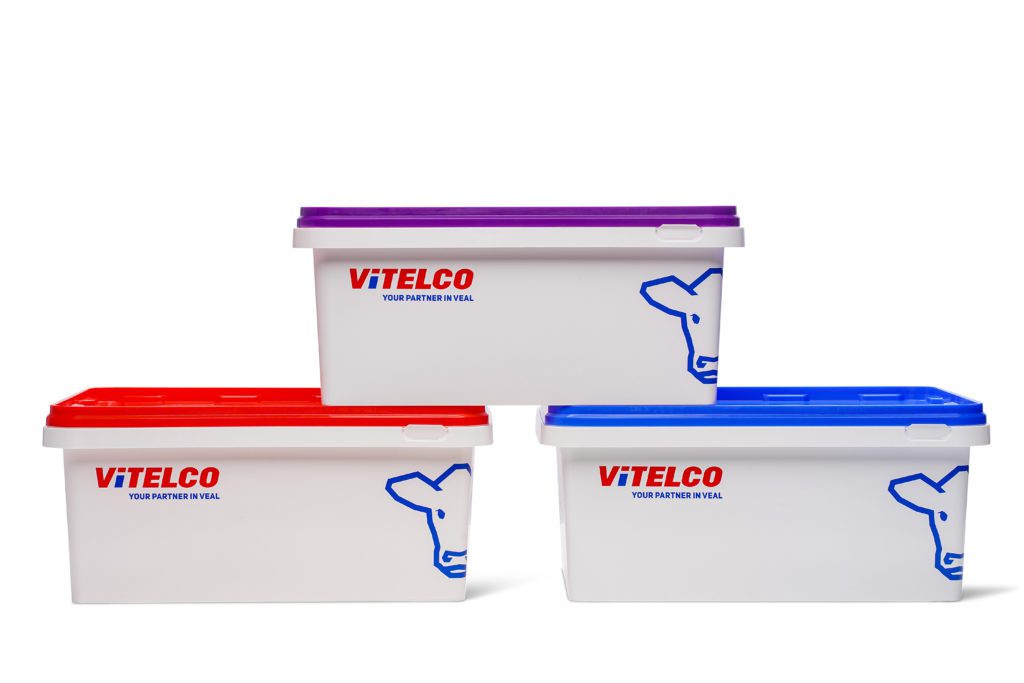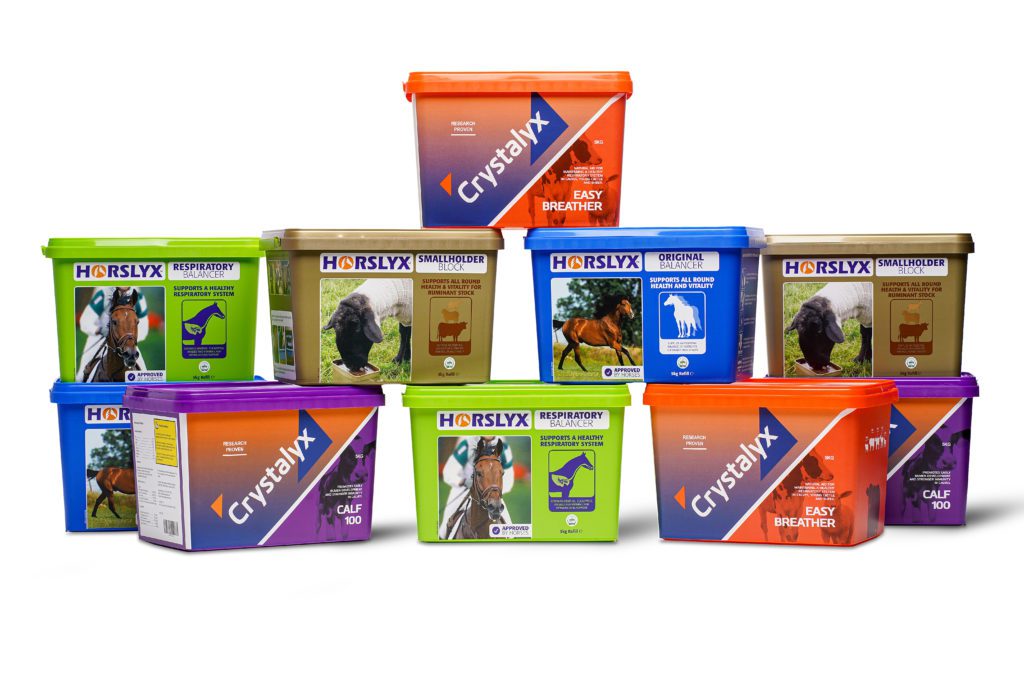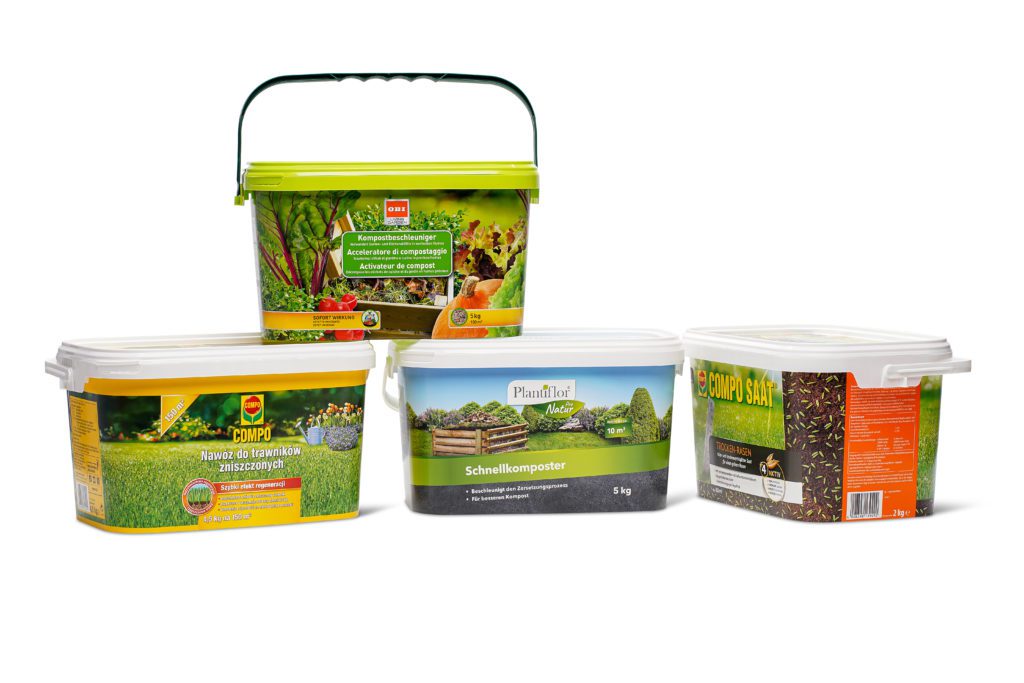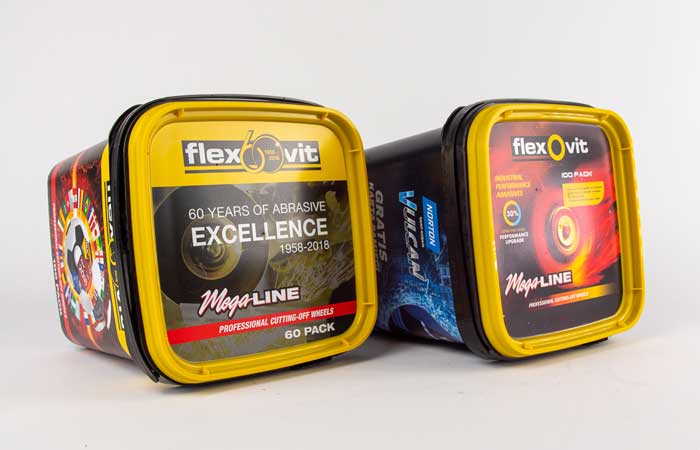Easy to pack on pallets and in racks
At Dijkstra Plastics, we distinguish between four rectangular models of plastics buckets:
- The GL RH series;
- the ECM series;
- the MF RH series;
- the KLB series (also known as the veal pail)
Using our rectangular buckets means you benefit from a number of logistical advantages. For instance, because of their shape, these models are easy to stack and pack on pallets. It is therefore with good reason that the ‘M’ in the model ‘ECM’ stands for ‘Modular’.
Other features of our rectangular buckets
- All models are made of 100% recyclable polypropylene (PP);
- Almost all rectangular models are available in 100% recycled plastic. This saves 50% CO2 emissions per bucket! Please note: these buckets are only suitable for the non-food industry;
- 95% of our rectangular models can be provided with IML printing. With a nice IML label on your bucket, you will stand out among your target group.



Popular rectangular models
Watch our company video
Play Video







